Latest News
Pointing graduate Tudor shows how a Welsh National should be won
It's time to look ahead to one of racing's great occasions, when the big money more easily available to metropolitan courses finds an outlet at a quintessentially rural Chepstow over Christmas.
Not an outing for the faint of heart, the Welsh Grand National is a demanding race that puts horses and riders through 23 testing fences on the way to a place in Welsh racing folklore. Punters and racing fans looking for a flutter ro some speculative information to while away the lockdown blues can check out the Twinspires review for tips, or just a run down of the event and trends over the years.
It has to be said that it's an event not for the faint-hearted spectator either, as traffic into Chepstow from the M48 junction is usually grid-locked. If by some welcome happenstance, spectators are allowed by then, leave yourself plenty of time, or book a helicopter instead.
Followers of the sport over many years will appreciate that although the race is just a Grade 3 handicap, the majority of the season's major races was until relatively recently, punctuated by a series of big handicaps where established horses met up and coming contenders. Races like the Welsh National, sponsored by Coral since 1973, are amongst the most eagerly anticipated, and with good reason.
Here are 9 things you might not know about one of the season's must-see races:
The first Welsh National
The first Welsh National wasn't run at Chepstow, but at Ely Racecourse, in Cardiff in 1895, some 61 years after the Grand Annual was created at Andoversford. The first crowd numbered 40,000, but in truth, no-one was counting, as the crowd overcame the stewards at the gates and most watched without paying. The race was switched to Chepstow when Ely closed in 1937, with an interlude during the war until 1949.
Although it's younger than most of the copycat Nationals, the list of courses staging their own version continues to grow, reinforcing Aintree's iconic identity as the race that gives its rider instant nationwide recognition.
The Christmas date
It hasn't always been a set piece of the Christmas calendar. Originally scheduled for Easter Tuesday, it was pulled back to late February in 1969 in an effort to attract better horses, and subsequently to just after Christmas.
Form counts
Four Welsh National winners have won the Gold Cup, although not in the same season: Burrough Hill Lad for Jenny Pitman, Cool Ground for Reg Akehurst, Master Oats for Kim Bailey and Native River for Colin Tizzard. The race is littered with horses which have run into the frame in the Gold Cup without quite the speed to get over the line in front.
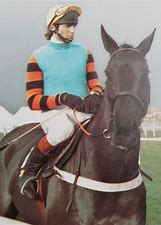
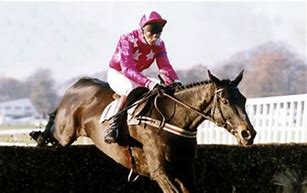
Earth Summit, Bindaree, Silver Birch and Synchronized are four modern day National winners, which have won the Welsh equivalent too. Ground conditions though are usually very different between the two races. Mid-winter ground at Chepstow plays on out and out stamina; April ground at Aintree often favours horses with a little speed too.
Top trainers
Nicky Henderson, doyen of training steeplechasers, has never won either a Welsh or an Aintree National
The winningmost trainer is predictably Martin Pipe. In his heyday, from 1988-93, the race only slipped out of his grasp once. Bonanza Boy (twice, Carvill's Hill, Run For Free and Riverside Boy, ensured the trophy headed back dowen the M5 every time.
The race has only twice been plundered by the Irish. In 2008, Jim Dreaper sent over Notre Pere to win under Andrew Lynch, whilst Gavin Cromwell sent over Raz de Maree nine years later
The race has become a much coveted target for Welsh trainers in recent years, and the fresh impetus behind Jumps racing at Chepstow, combined with the creation of Ffos Las Racecourse since 2009 have made South Wales a new powerhouse for the sport in Wales. Handlers like Peter Bowen, Rebecca Curtis, Christian Williams and Sam Thomas have injected a new energy into the sport. If you include West Herefordshire as an honorary Welsh county, then Welsh trainers have secured their own race in 6 of the last nine runnings. Richard and Kerry Lee are right on the Welsh border, whilst Michael Scudamore and Venetia Williams could reasonably request Welsh citizenship from their bases near Ross-on-Wye. Last year's winner Potters Corner was a big leg up for Pointing graduate Jack Tudor.
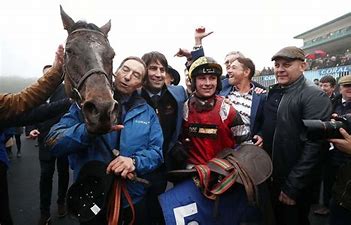
It's a race for low weights
Only 3 winners have carried top weight since 1979, questioning the phrase that you can give away weight but not distance. Native River was the most recent in 2016. Unsurprisingly, weights under 11st dominate in a stamina-sapping 3m6f in soft ground
The Welsh Grand National is run traditionally on December 27, although in recent years there have been some reschedulings run in January if the meeting is abandoned.
Event details
Buy your tickets nowOur Sponsors

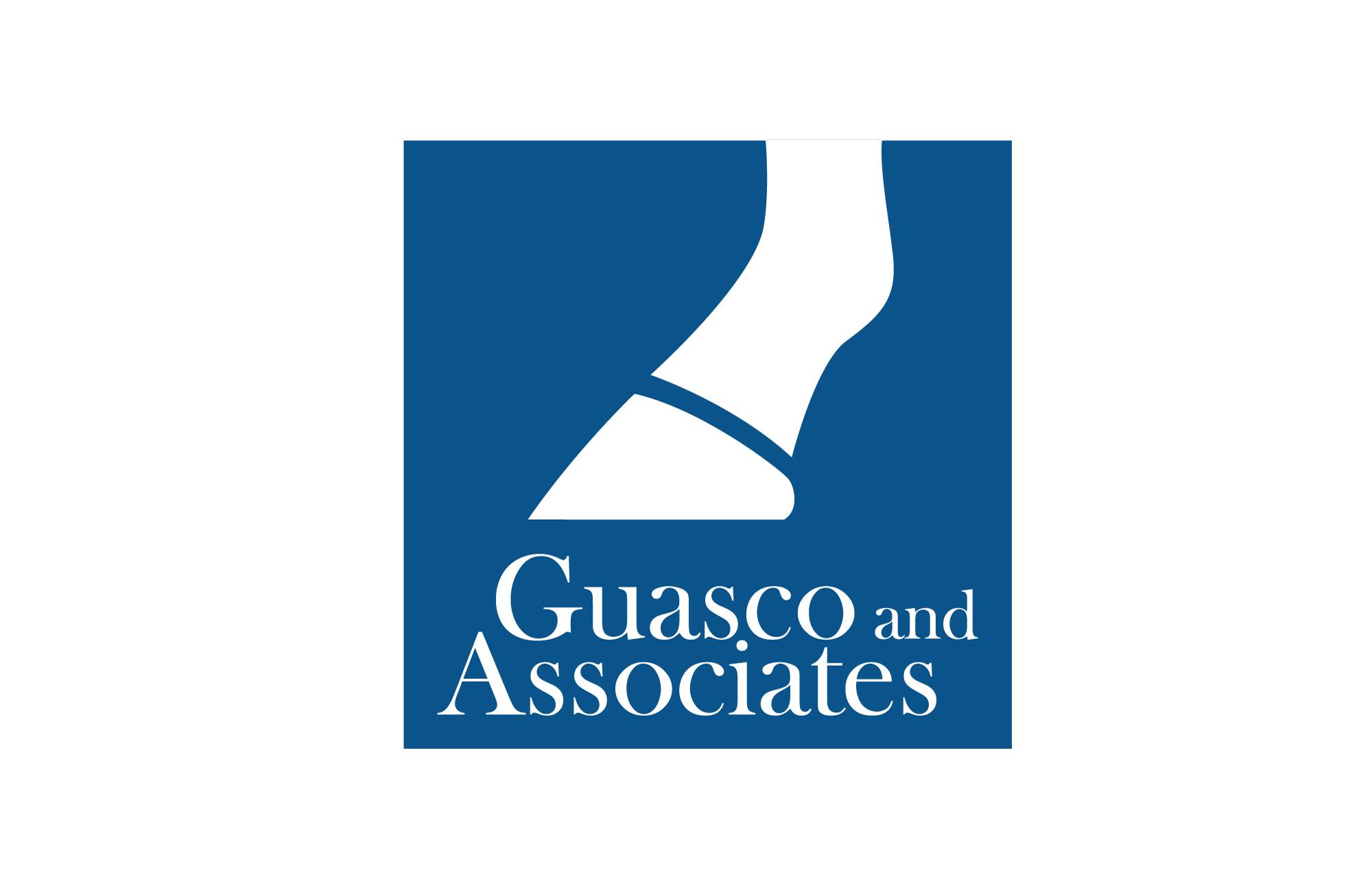



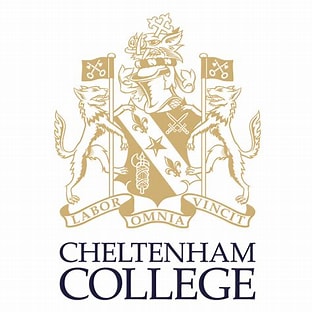


.png)









